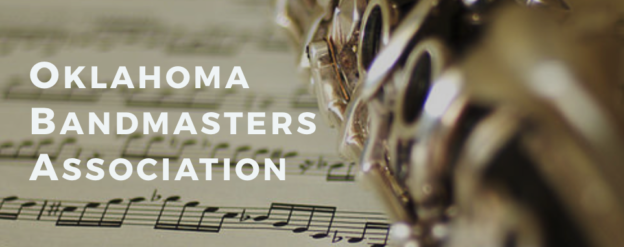What is an essay? When you look up the word ‘essay’ in a dictionary or online, it’s actually somewhat fascinating how the definition and description about it is so similar to what you would assume you’d find when looking up the definition and description of ‘sheet music.’ It’s quite uncanny, really. With a simple word change here or there, or a twist of phrase, what can be said about an essay can be said about a piece of sheet music, or a music composition. Wait. What was that? A music ‘composition?’ Isn’t ‘composition’ a synonym for ‘essay?’ Well, there you go.
You see, according to Wikipedia, an essay is “a piece of writing which is often written from an author’s personal point of view.” That’s pretty much what a piece of sheet music is supposed to be, too. The best music is sheet music that is written from the composer’s point of view.
According to About.com, “Essays are brief, non-fiction compositions that describe, clarify, argue, or analyze a subject.” Wow. [Sheet] music is much the same. A music composition should come from the heart and be honest and true. And certainly there’s no one out there that would argue that music is not a descriptive medium. Additionally, what serious, upper-level music student hasn’t been required at times to analyze a piece of sheet music? And let’s not forget the element of clarity that music can bring to just about any situation. Hence, the existence of love songs, silly songs, sad songs, children’s songs, love gone wrong songs, and more. Music makes going through everyday life better.
The primary definition of essay at Dictionary.com states that it is “a short [literary] composition on a particular theme or subject, usually in prose and generally analytic, speculative, or interpretive. Again, wow. Sheet music primarily begins with a theme, and certainly music can be very regimented and analytical, yet its speculative elements and how it is interpreted are big components, too. It’s all relative to the composer and the listener, of course, and it’s different for everyone. But that’s exactly why music has such value. Sheet music is limitless.
Essays are an important educational tool as well, and can be written in various forms and styles, like compare and contrast, cause and effect, descriptive, narrative — the list goes on. To wit, sheet music takes on many forms and styles, too. Some we understand, and some we don’t. And therein lies part of the mystery of it all. Whether sheet music is written in an analytical style, or whether it is written in a myriad of contrasts, it really doesn’t matter. What matters is that the creative endeavor was entered into at all. The process of writing a piece of sheet music includes forming an introduction, developing a body, and a conclusion. Wait. What was that? Introduction…body…conclusion. Sounds like the three primary elements of a good essay.
Enter the Morty Manus “What Music Means to Me” Essay Competition. Deadline is March 25th.





